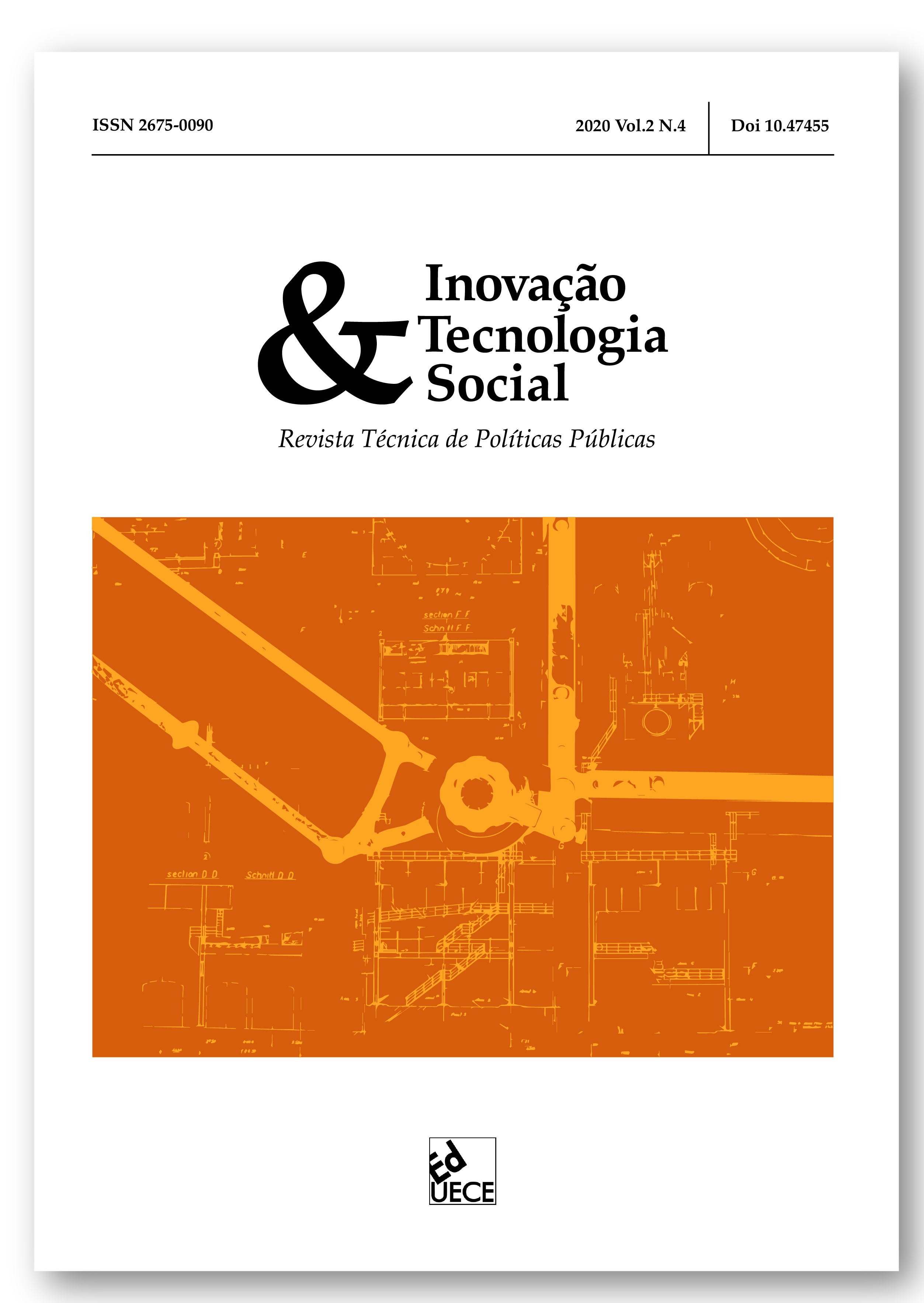Avaliação Nacional de Alfabetização:
os resultados da escola brasil novo em macapá-amapá
DOI:
https://doi.org/10.47455/2675-0090.2020.2.4.4773Keywords:
education, evaluation, literacyAbstract
This study approaches the National Literacy Assessment (ANA) at Escola Brasil Novo, located in the Municipality of Macapá, in the State of Amapá. The general objective is to analyze the result of the National Literacy Assessment - ANA. And, as specific objectives to contribute to the teaching process in Brazilian public institutions, to analyze the results obtained in the application of the ANA assessment at the Escola Estadual Brasil Novo in the period from 2014 to 2016, as well as to investigate the possible difficulties encountered regarding the evaluation criteria. literacy. In this sense, what is researched in this school is whether in fact and the right to literacy that is taught in that school obtains satisfactory answers, meeting the expectations demanded by the National Literacy Assessment. This perception is aimed at understanding new paradigms in opposition to the difficulties that teachers face in their daily lives with this student profile. This is all because the vast majority of these teachers are not yet properly prepared and / or trained to deal with the scenario of new evaluative concepts. In this sense, the referred study is justified in being able to contribute with the current education managers. Thus, a critical view is assumed to contribute to them. Thus, an evaluation of this education policy was necessary, as a means of understanding the performance and effort of the student, in order to obtain the schooling conditions to develop knowledge and skills in the public school. The final results obtained in this field research are presented as follows: that in the national literacy assessment (ANA) at the right age it has elements that trigger the importance of public educational policies developed in teaching, as an opportunity to develop, not only the student who learns, but the teacher who teaches, and also obtains all the growth in school education and with reflection on the social axis.
References
AMAPA. Secretaria de Estado da Educação. Dados de Avaliação INEP. Macapá: SED, 2019.
BIAGGIO, A. M. Psicologia do Desenvolvimento. 22. ed. Petrópolis: Vozes, 2011.
BRASIL. lei 8.069, de 13/08/1990. Estatuto da Criança e do Adolescente – ECA. Diário Oficial [da] República Federativa do Brasil, Brasília, 13 ago.1990.
BRASIL. Lei de Diretrizes e Bases da educação. Lei nº 9.394/96, de 20 de dezembro de 1996. Diário Oficial [da] República Federativa do Brasil, Brasília, 20 dez. 1996.
BRASIL. Lei nº 8.069, de 13 de julho de 1990. Dispõe sobre o Estatuto da Criança e do Adolescente-ECA. Diário Oficial [da] República Federativa do Brasil, Brasília, 13 jul. 1990.
SOUZA, M. G. F. U. “Coisinha”, “Anjinho” ou “Diabinho”: a criança aos olhos da professora pré-escolar. São Paulo: EdPUC, 1989.
FERREIRO, E. Alfabetização em Processo. São Paulo: Cortez, 1996.
FERREIRO, E. Com Todas as Letras. São Paulo: Cortez, 1999.
FERREIRO, E. Reflexões Sobre Alfabetização. São Paulo: Cortez, 2000



